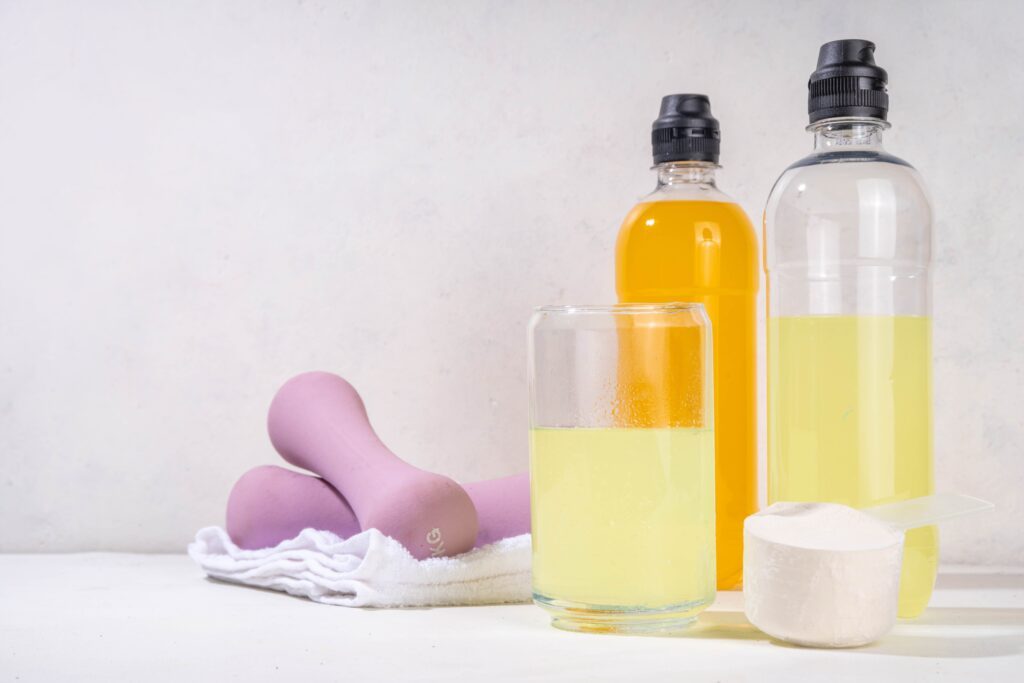Colourful cans promising “calm” and “focus” are now staples in supermarket aisles. These so-called functional beverages — often infused with ingredients like ashwagandha, Lion’s Mane mushrooms, magnesium and L-theanine — are marketed as quick fixes for stress and fatigue. Their rise reflects a wider wellness trend and a generational move away from alcohol, with surveys showing younger consumers increasingly opting for low- or non-alcoholic alternatives.
“Products like these fit perfectly into today’s wellness culture,” says dietitian Nicolle Cucco. “They tap into people’s desire for convenient solutions in a fast-paced world.” The global market for functional drinks is projected to reach $248.5bn by 2030.
But how effective are they? Experts say the science is mixed. Some trials suggest modest benefits from ingredients like ashwagandha or L-theanine for stress and attention, while magnesium supplementation only helps those who are deficient. Importantly, many claims rely on the placebo effect, which can still influence how consumers feel.
The industry’s marketing has already faced pushback. In July, the UK’s Advertising Standards Authority banned a TRIP advert for suggesting its drinks could reduce stress and anxiety — a claim regulators said lacked scientific backing. “Over-promising will eventually lead to consumer disillusionment,” warns dietitian Lena Bakovic.
The boom has been fuelled by influencers and wellness branding, but experts stress these drinks are no substitute for medical treatment. While sipping them occasionally is unlikely to cause harm — aside from their price tag, with some packs costing up to €27 — they should not be seen as cures for anxiety, ADHD or other conditions.
“Consumers need to pause and look beyond the buzzwords,” Cucco says. “Some ingredients may be helpful, others less so. The wisest approach is to understand what you’re putting into your body — and not expect miracles from a can.”


